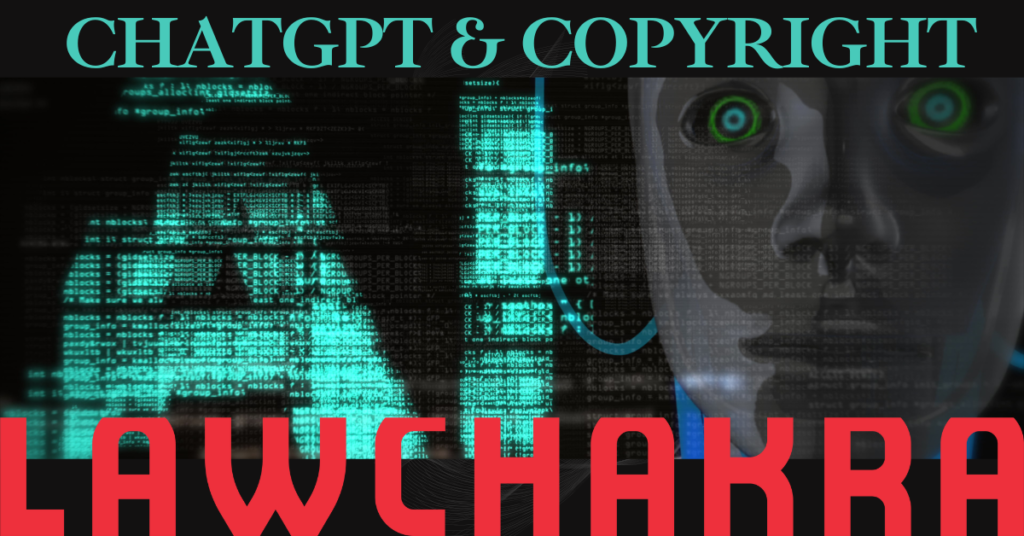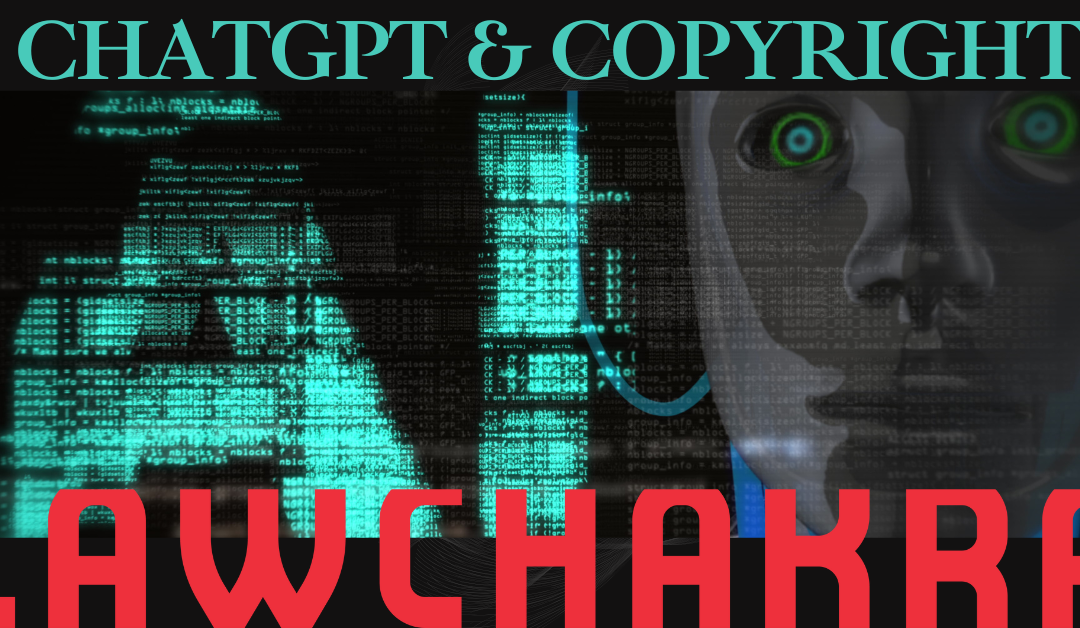
CHAT GPT is based on the GPT(Generative Pre-Trained Transformer) architecture which is fine-tuned as a daily conversational tool. It is a model developed by Open AI.
Open AI is an AI research and deployment company. The company aims to have a system that exceeds the humans at valuable work which eventually benefits all humanity. The main aim of Open AI is to build a beneficial and safest AGI( Artificial General Intelligence).
One of the most important benefits of ChatGPT is the creation of chatbots. Chatbots are computerized programs that engage in conversation with human beings in a natural form of language. While using Chat GPT, the developers train the chatbots which can understand and respond to an extensive variety of inputs in a natural and human-like style. This can be used in customer service and every other industry that requires communication with customers.
ChatGPT is also used for natural language generation i.e. for summarizing texts or responding to the questions or creative writing such as fiction or poetry. ChatGPT can understand human-like texts and generate human-like responses to them.
Chat GPT is also used for language translation, it can translate text from one language to another.
Therefore, it can be said that Chat GPT is one of the most versatile and powerful language generator models and it can be applied to a wide range of situations. It is a valuable tool for researchers and developers working in the field of natural language processing.
The Chat GPT model includes almost 570 GB of data which consists of the data of books, websites, articles, etc., and more than 300 billion words are added into the system of this model.
Copyright is the lawful and exclusive right to use the work which is given to its owner. The original work that is protected by copyright law can be:
- Original Literary works such as books or novels or articles,
- Original Dramatic works such as theatre, plays, or musicals,
- Original Artistry works such as any painting or poster,
- Original Sound recordings or music compositions, etc.
Copyright is defined under Section 14 of the Copyright Act, 1957 which is as follows:
Copyright gives the exclusive right to its owner to use or exploit his right to the original work as much as the owner wants to do and also protects the work from being infringed upon and from being sold or used without the owner’s permission.
Copyright infringement occurs when one party violates any of the rights of the author/owner of the work without the author/owner’s permission. Infringement could be in any manner, it could be unauthorized selling, broadcasting, manufacturing, or performing, etc. the author/owner’s work. Infringement is done with the purpose of monetary gain using the work of the author/owner. Examples of Copyright Infringement can be:
- Uploading the copyrighted work of someone on the internet without his/her permission,
- Downloading copyrighted songs from an unauthorized site, etc.
We all have heard of and somehow in some way used ChatGPT. One of the legal risks of using it is that it is a potential threat to intellectual property rights, as it is trained with a wide range of data which includes books, or any other written data. The data used in the training may include the copyrighted works of people, and the outputs of Chat GPT may infringe on the works which are copyrighted. Does Chat GPT copy texts from the internet? it is one of the most common and important questions related to this AI. to answer this when asked by the AI itself, it replied as follows:
“ChatGPT does not simply copy content from the internet. It is a large language model that has been trained using a vast amount of text data, including books, articles, and other written material. This allows ChatGPT to generate responses based on the context of a conversation in a way that sounds natural and human-like. While ChatGPT may use information from the internet to generate its responses, it does not simply copy and paste content from websites“.
Chat-GPT is a language model and can generate human-like texts but it does not have any ability to understand the condition of the words that the AI generates. Hence, this could lead to defamatory or any improper usage of words and the usage of such by the users of ChatGPT would lead to legal action against them. Chat GPT may also generate texts which can be offensive and controversial texts or any fake untrue texts which can lead to spreading false information which may incite violence and can face legal action for using such context.
Can the work of Chat GPT be copyrighted?
If we think from the point of intellectual property rights if the model gives the output which has no specifically quoted material, then there is no specific need to mention the citations. So, if the text is used but not copied then this would not lead to copyright or any other protected IP.
It is not clear anywhere on the question who can claim copyright of the work generated through AI-generated. For a work to be copyrighted, in-laws are said to be the work which is original and creative work of the author and that author is a human being. As per the laws, the absence of human input in some work is not eligible for copyright protection and hence it can not be said to get the work created by some artificial intelligence tool, be copyrighted. Regarding AI, it is not very clear whether the content given by AI is original and fixed tangible form and hence not clear whether it is eligible for copyright protection.
Some may say that AI is just a tool that is used by a human to create his work and hence the human-created work shall be eligible for copyright and the developer should only be considered as the owner of the work. And others argue that AI should be the creator and owner of the output and should be given copyright protection since they can generate the original context without any human involvement.
When we talk about the copyright implications of the content of the Chat GPT, there are a few factors that could be considered to know whether or not the response of the AI is eligible for copyright or not. one of the involvements of human-mind in the creative process is if the human uses his mind and edits the AI’s output, it can be possible for the copyright. The other factor to consider is whether the content of the Chat GPT is original or not. Although the content created by the Chat GPT is different from the human-generated response, it is eventually generated from the pre-existing data on the internet. Hence, it means that it is not likely that the Chat GPT generated can be copyrighted.
Overall, while ChatGPT is a powerful tool that has the potential to produce some truly impressive content, the question of its copyright eligibility is a complex one. It’s ultimately up to courts and legal experts to determine whether or not ChatGPT’s output can be protected under copyright law. In the meantime, users of the technology need to be aware of the potential legal implications of using it to generate original content.
Can Chat GPT lead to copyright infringement?
Margaret Esquenet, the partner with Finnegan, Henderson, Farabow, Garrett & Dunner, LLP, says that the work created by AI is most likely to be either a public domain work without a copyright owner who is capable of asserting rights or it can be an unoriginal work of the tools of AI which it was exposed to during the training.
It is said by many experts that it is too early to state whether the content of AI-generated content is a copyright infringement and can face legal consequences or not on the other hand other experts say that it can lead to copyright infringement. The experts who state that it leads to copyright infringement can face legal suit against it and others suggest that it is legally above any lawsuit.
It is one of the issues with AI that it can lead to IP infringements when these models are used on a wide level, there may exist a risk that the model may intentionally or unintentionally generate content that infringes IP rights. For example, it generates some text or image which is based on the existing work of some author, and then it could lead to infringement.
It is said that if the AI model states any citation or any reference without any human asking the question then, it may lead to copyright. The copyright of work can only be granted when the model gives some original input. In the meantime, if anyone intends to use the work generated by ChatGPT, proper citation and referencing could help prevent any infringement claims in the future.
As chat GPT is the language generation model of Open AI, it can answer every question with human-like answers and understand the topic to write upon and work accordingly. Such bots are introduced for the betterment and development of humanity however, on the other hand, concerns surrounding the usage of these tools, their protection, and ethicality along with the protection of human-created work must be taken into consideration.
The policymakers, lawyers, etc. need to carefully consider all the issues and develop the legal framework in such a manner that it does not infringe on any content and it is original and ethical to use it in human work. It is not certain whether the content given by the AI model will be eligible for copyright or not under the existing laws. However, it can be stated that there is a need for these technologies which raise questions and address the issue of protecting IP rights in the same context.
Written By: Priyanka Gambhir
Final year-BBA LLB(hons.)
Law College Dehradun, Uttaranchal University
Reference:
About Open AI, “ https://openai.com/charter/” , visited on 26.01.2023
Section 14, Copyright Act,1957,” https://copyright.gov.in/documents/copyrightrules1957.pdf”, Page-9, visited on 26.01.2023
Chat GPT-legal challenges, legal opportunities, “https://www.fieldfisher.com/en/insights/chatgpt-legal-challenges-legal-opportunities”, visited on 26.01.2023
Technical and Legal Risks of ChatGPT: How prepared are we with Laws on AI?
“https://informationsecuritybuzz.com/technical-and-legal-risks-of-chatgpt-how-prepared-are-we-with-laws-on-ai/” visited on 26.03.2023
Who Ultimately Owns Content Generated By ChatGPT And Other AI Platforms?
“https://www.forbes.com/sites/joemckendrick/2022/12/21/who-ultimately-owns-content-generated-by-chatgpt-and-other-ai-platforms/?sh=b73dbdf5423a” visited on 26.01.2023
Exploring the Legal Minefield of ChatGPT and Intellectual Property Rights
“https://frblaw.com/exploring-the-legal-minefield-of-chatgpt-and-intellectual-property-rights/ ”, visited on 26.01.2023
Exploring the Legal Minefield of ChatGPT and Intellectual Property Rights “https://frblaw.com/exploring-the-legal-minefield-of-chatgpt-and-intellectual-property-rights/ ”, visited on 26.01.2023
Yet another Lawyer who happens to indulge in the gratification of reading and writing the Language of Law.
Yet another Lawyer who is trying to be better than yesterday.
